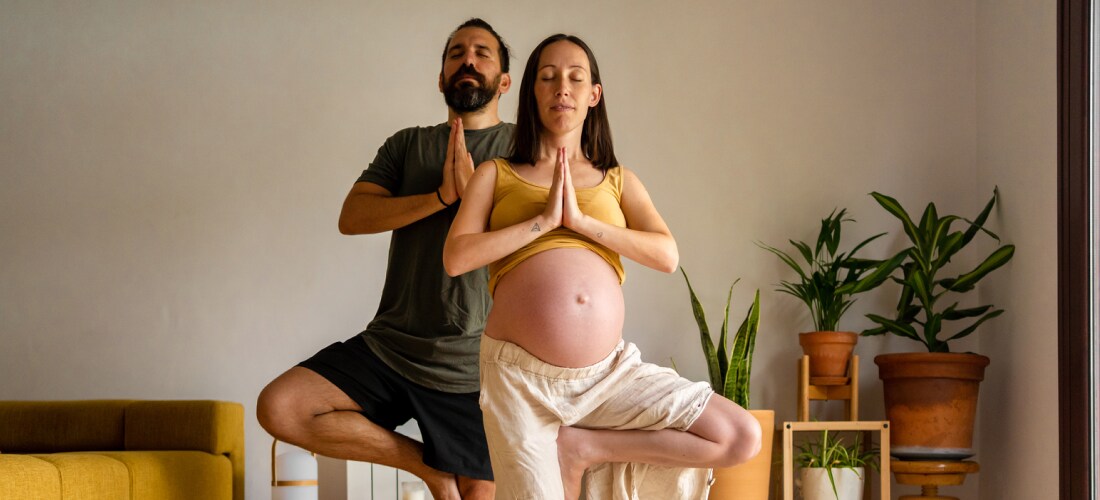
9 finance tips if you're starting a family
Having a baby can be a costly experience, but we’ve collated the following nine tips so you can start preparing now for this big life stage you’re about to embark on.
Get your finances into shape.
Bundle your savings for your bundle of joy.
The average cost of having a baby in a private hospital in Australia is approximately $8,500, according to Medibank Private. And now add to that, the average cost of raising a baby in the first two years – a whopping $15,000, according to Stockspot. Plus, you’ll still need to fork out dollars on a pram, a cot and a car seat before baby arrives.
If you weren’t convinced before, you’re might be convinced now that you’ll need to invest in a solid savings plan and budget.
Adjust to your budget to prepare.
Prior to getting pregnant, you should adjust your budget to include all the extra items that you’ll need to buy each week.
For example, start including the cost of nappies, formula, baby food (it’s expensive!), baby clothes (they will go through a lot as they grow) and doctors appointments in your budget now and put that money aside into a separate high interest bank account so that you can pre-empt any unexpected costs. Remember to also adjust your budget to incorporate any future change in income from maternity or paternity leave.
Prepare for your change in income.
Moving from two incomes to one can be a daunting thought, especially considering the high cost of having a baby. Talking to a financial planner might be a good way for you and your partner to have some peace of mind about expanding your family and losing an income at the same time.
Cut down on credit card debt.
Start by assessing what credit cards you have, and what you can consolidate, pay-off and cancel. Instead of having three or four credit cards, consider consolidating your cards into just one credit card so that your repayments are easier to handle and any fees are minimised.
Buy in bulk.
While it’s a good idea to buy baby items in bulk when you can, you should also consider buying everyday household essentials like toilet paper, washing detergent, laundry liquid and shower soap in bulk as well.
Whether you shop during sales at your local supermarket or consider visiting department stores like Costco to buy in bulk at wholesale prices.
Shop around.
The biggest all-baby-bonanza department store is probably not going to have the best prices on baby products. Consider buying baby essentials from your friends with children already, or browse eBay or Facebook Marketplace to find a good deal, even second-hand and charity stores will be a good place to find a few baby essentials.
Invest in couple time.
A popular trend at the moment is to take a ‘babymoon’ prior to your first baby arriving, and while this is plausible for some couples, it isn’t plausible for all couples. However, if a babymoon isn’t in the cards for you, you and your partner should still invest in some couple time.
This could be increasing date nights from one to two, or taking time to visit the cinema and watch your favourite movies, or spending more weekends doing all those not-child-friendly activities that you’ve been meaning to do – go hiking, visit the theatre, pamper yourself with a massage, or have dinner at the fanciest restaurant in town.
Look into financial government assistance.
Depending on your income and assets, some families could be eligible for government benefits such as Parental Leave Pay or the Family Tax Benefit.
Having a baby is an important and stressful time for anyone, so to minimise your stress contact your local BOQ branch to discuss how you can start saving for when your bundle of joy arrives.
Start saving for your future with myBOQ
Compare our savings accounts and find the one that best works for you and your future plans.


